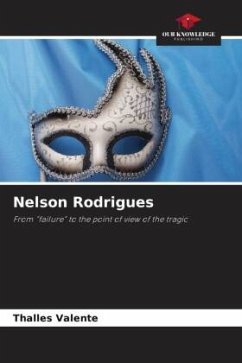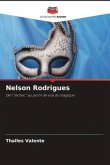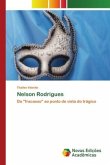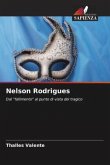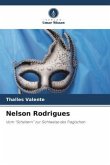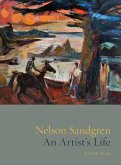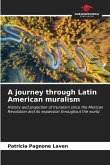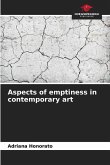The objective of this research focused on analyzing the forms and content of tragedy and the tragic in Nelson Rodrigues' dramaturgical work. Thus, the central objective was to make an aesthetic and hermeneutic analysis. It is "obvious" that it is canonical that Nelson Rodrigues made tragedy and the tragic, and there are several defenses to these terms for the playwright's work. However, this paper argues that Nelson made tragedy in a contradictory and paradoxical way: his tragedy is a "flaw," but this"flaw" inherent and is in the very structure of language and it is the foundation of modernist tragedy. Therefore, the central argument of this research is that after the fall of the Greek world, one only makes tragedy and arouses the tragic in the modern era by "failing."
Bitte wählen Sie Ihr Anliegen aus.
Rechnungen
Retourenschein anfordern
Bestellstatus
Storno

